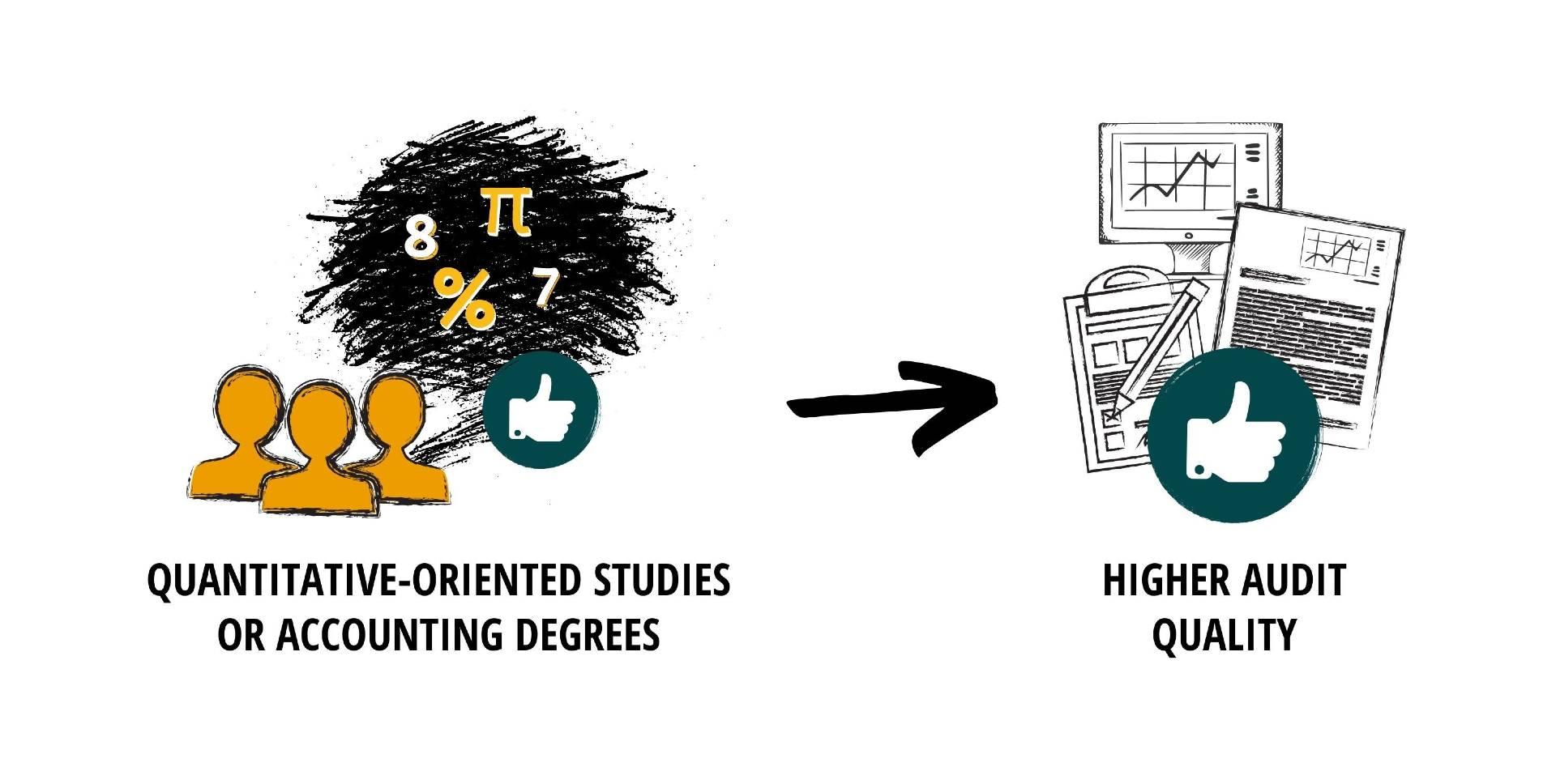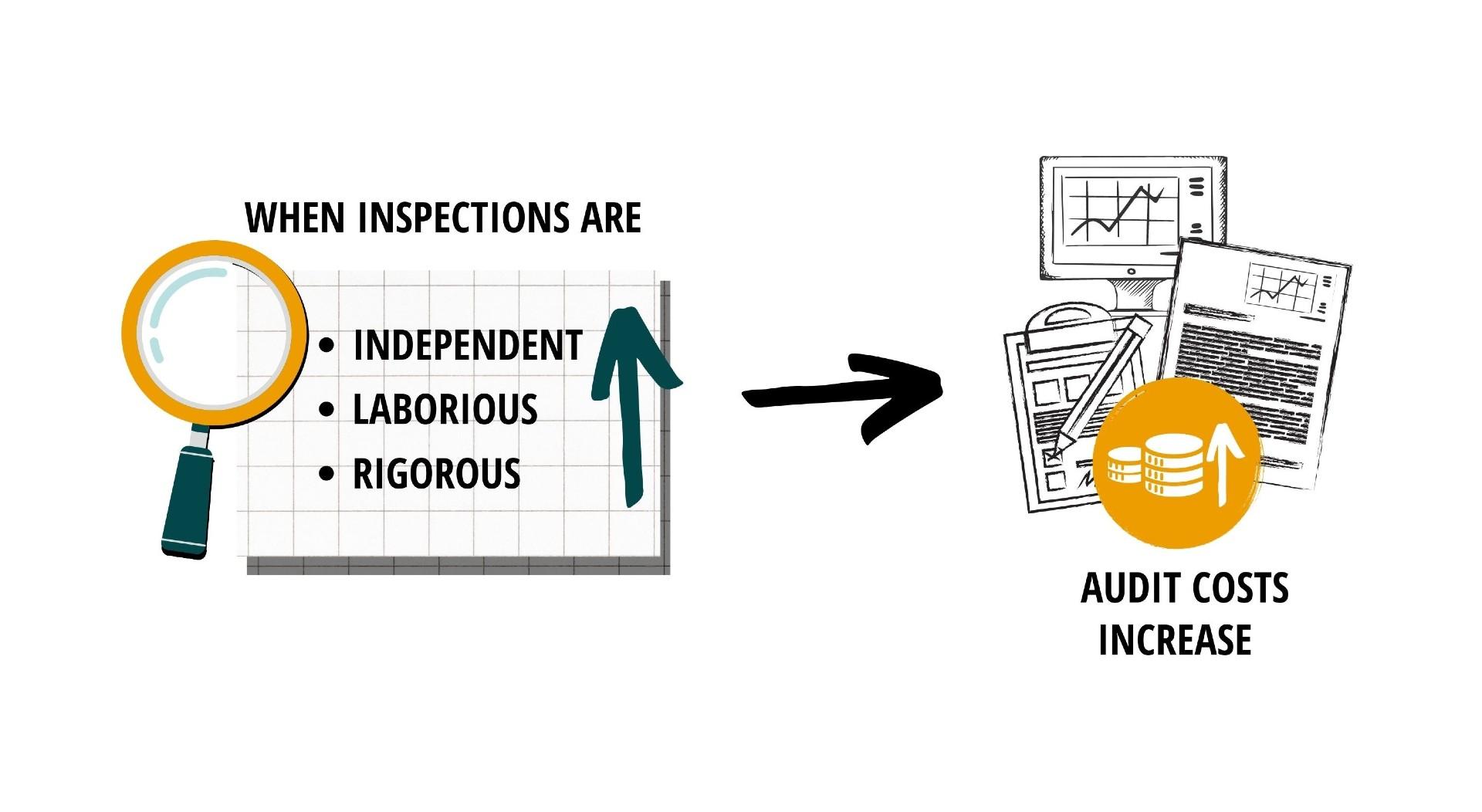
People Continue to Matter, as Accounting Evolves
The role of the auditing profession is crucial for the proper functioning of capital and debt markets: one of the primary duties of auditors is to ensure the compliance of organizations' financial accounts to the law. And as the complexity of modern times increases, the potential of the auditing profession to add value is evident. Hence, it is not surprising that scholars devote efforts to, in a first instance, studying the role of auditing, and, consequently, proposing suggestions to maximize auditing efficiency. In the Bocconi Accounting Department, Professor Annita Florou has dedicated considerable energy towards investigating several aspects of the auditing profession.
One of the most interesting and widely investigated streams of literature about auditing deals with individual auditor characteristics. As a matter of fact, as any company, auditing firms are made of individuals and their abilities can have an impact on the auditing process, as well as its outcome. Hence, it is of extreme interest to study which competencies may lead to better results. For example, Professor Florou and her coauthors investigate whether auditors' university education has an impact on audit quality. Specifically, results show that auditors holding degrees in fields with a quantitative orientation or in accounting are associated with higher audit quality. Indeed, auditing profession heavily relies on quantitative skills due to the standardized and structed nature of the job.

Infographic by Weiwei Chen
The auditing profession has been subject to continuous changes in order to adapt to current market scenarios. This is particularly true for the last two decades, making this field even more interesting for research purposes. Indeed, in her most recent paper, Professor Florou points out how auditors have gone from being self-regulated to being highly supervised by governments and independent regulators. A major change in the audit field was the establishment of national Public Oversight Bodies in each EU country, which, among a broad range of duties, provide quality assurance and investigative and disciplinary systems governing audit firms. Annita Florou, jointly with coauthor Yuan Shuai (University of Nottingham, Ningbo), finds that audit costs increase for clients of inspected auditors when inspections are more laborious, independent, and rigorous.
 Infographic by Weiwei Chen
Infographic by Weiwei Chen
Another significant change in the field of auditing is the passage from the classical "pass/fail" model, in which auditors would limit their job to stating whether the firm under revision is compliant or not to regulation, to Key Audit Matters, a form of disclosure used to communicate information about high-risk and subjective matters in financial reports, significant transactions or events.
In the Chinese setting, Professor Florou and her coauthors provide evidence that political institutions affect audit practices: State Owned Enterprises (SOEs) have strong political motives and power to obscure transparency and withhold negative news. This effect is magnified when SOEs have a politically connected Chairman, more concentrated state ownership, and tunneling-related party transactions.
Jenny Chu, Annita Florou & Peter F. Pope (2022) "Auditor University Education: Does it Matter?", European Accounting Review, 31:4, 787-818, DOI: https://doi.org/10.1080/09638180.2020.1866633.
Florou, A., Wu, X., Shuai, Y., & Zhang, V. Q. (2022). "State Ownership, Political Influence and Audit Reporting: Evidence from Key Audit Matters." Available at SSRN. DOI: https://dx.doi.org/10.2139/ssrn.3944779.
Florou, A., & Shuai, Y. (2021). "Public Audit Oversight and Audit Pricing: Evidence from the EU." Available at SSRN. DOI: https://dx.doi.org/10.2139/ssrn.3595454 .